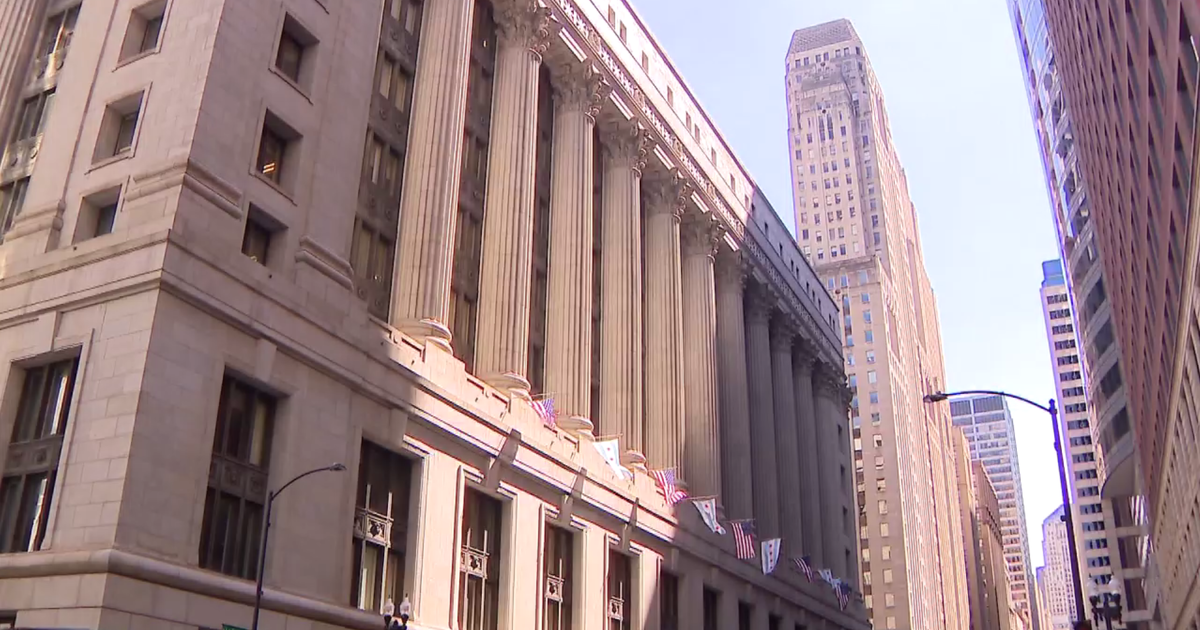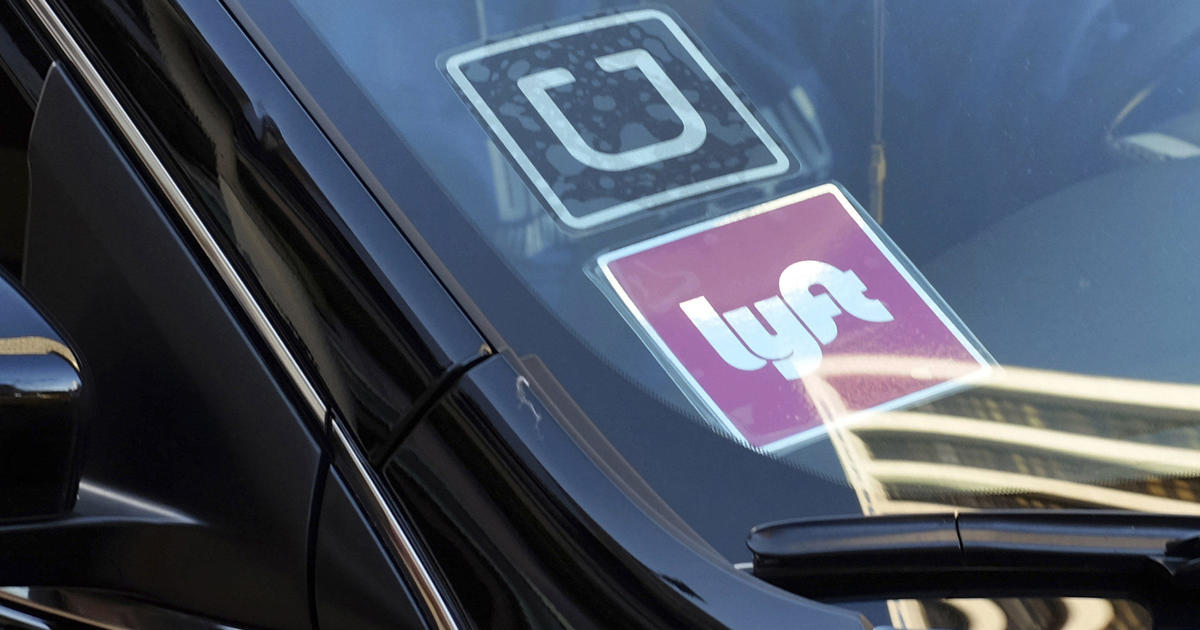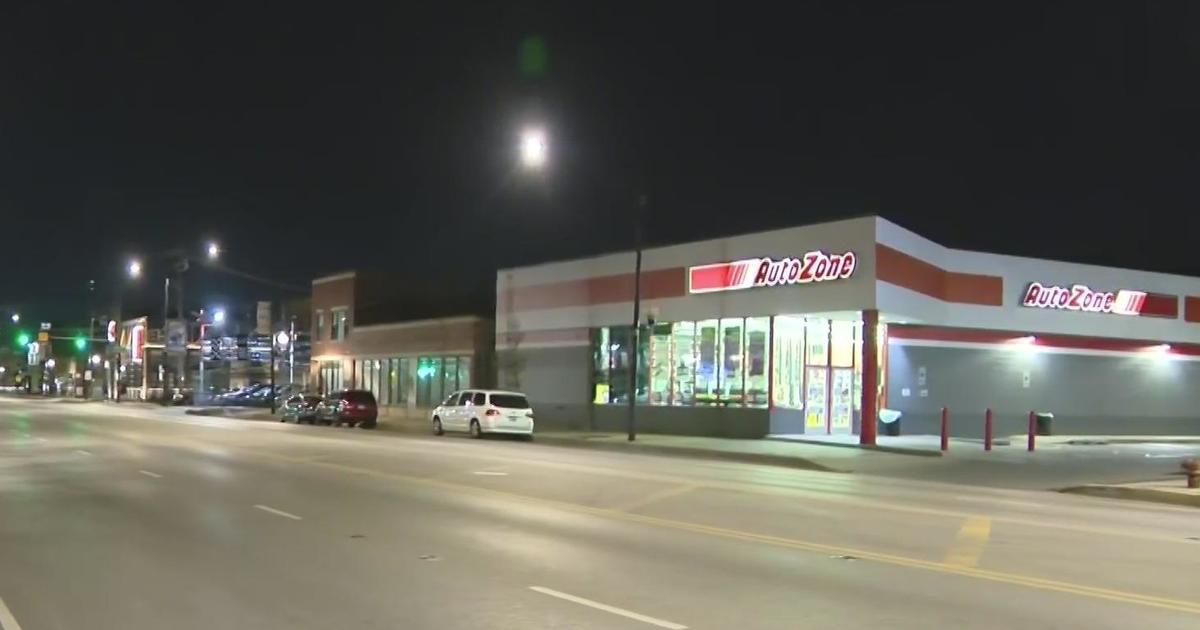A Lot Has Changed Since Chicago's Founding
CHICAGO (CBS) -- Chicago is celebrating its 174th birthday today. Needless to say, the city looked a little different when it was first incorporated in 1837.
We all know Chicago as the third largest city in the country, with a population estimated at almost 2.7 million people in the 2010 Census. But in 1837, the city had a mere 4,170 inhabitants, only a small fraction of most Chicago suburbs today.
But that was a huge jump from when Chicago was incorporated as a town in 1833. Back then, there were only about 350 settlers – not enough even to fill a single downtown high-rise condo building.
The Illinois Secretary of State's office says when Chicago was incorporated in 1837, there were 29 dry goods stores, five hardware stores, 45 grocery and provision establishments, 19 attorney's offices, and 10 taverns.
These days, there are more than 10 taverns on just one block of Division Street between Dearborn and State streets. But there aren't too many places at all that classify themselves as "dry goods stores" or "grocery and provision establishments."
And we all know there's nothing that divides the city like the Cubs-White Sox rivalry, right? Well, if you wanted to go to the sites of present-day Wrigley Field or U.S. Cellular Field, you might have had to blaze a trail and fight off a wild animal or two.
The city's boundaries in 1837 extended only to North Avenue on the north, 22nd Street (now Cermak Road) on the south, Wood Street on the west, and Lake Michigan on the east.
If you ventured south, a UIC project tells us, you would have found some people down by present-day U.S. Cellular Field. Excavation had begun a year earlier for the Illinois & Michigan Canal, and what had been a fur-trading settlement known as Hardscrabble was gradually being transformed into a community called Bridgeport.
But you probably would have gotten lost in what we now know as Wrigleyville. It was a wooded wilderness that received its first European settler – Swiss immigrant Conrad Sulzer – also in 1837. The only trails that led out of the wilderness were present-day Lincoln Avenue and Clark Street, a historical narrative from the Central Lakeview Merchants Association recounts.
And there's another reason why being a Cubs or Sox fan would have been a moot point. The modern game of baseball hadn't been invented yet in 1837.
But if you just stayed downtown, at least you wouldn't have gotten lost. By and large, the downtown streets had the same name.
In fact, the first city hall was at the southeast corner of State and Lake streets, just a few blocks from the present one. But it wasn't called City Hall. According to the Chicago History Journal, it was called "The Saloon."
But despite its name, "The Saloon" apparently wasn't as seedy as it sounded. The Chicago History Journal quotes Chicago historian Alfred Theodore Andreas (1839-1900): "(The Saloon was) devoted to public entertainments of various kinds, political and religious meetings, concerts, traveling shows ,etc. The name of this hall would, to the casual reader, appear to connect it with a house of no very good repute; but such an impression would be erroneous."
At the time, Andreas writes, a Saloon was more like a French salon. It also happened to be the venue some of the city's leaders used to procure a charter.
But suppose you did want to go to an actual saloon – there were 10 of them, remember? Or maybe you would have wanted to stay home and make a nice dinner for yourself. Well, you'd need some money, but not much. Here are some typical the prices quoted in a document from Chicago's 85th anniversary celebration in 1922:
Butter: 6 cents per pound
Venison: $1.50 per carcass
Beef: 6 cents per pound
Flour: $3 per barrel
Ham: 5 cents a pound
Quail: 3 cents each.
Quite the bargain, eh?
And what if you wanted to keep up with the news? Your options would have been limited, and you probably would have had to accept media bias. Chicago's first newspaper was the Weekly Democrat, which was founded in 1833, and by the time of the city's incorporation was owned by a local politician named "Long John" Wentworth.
Aren't you glad you live in the 21st century?
Happy birthday, Chicago!
Adam Harrington, cbschicago.com. Originally published March 4, 2010, on cbs2chicago.com.


